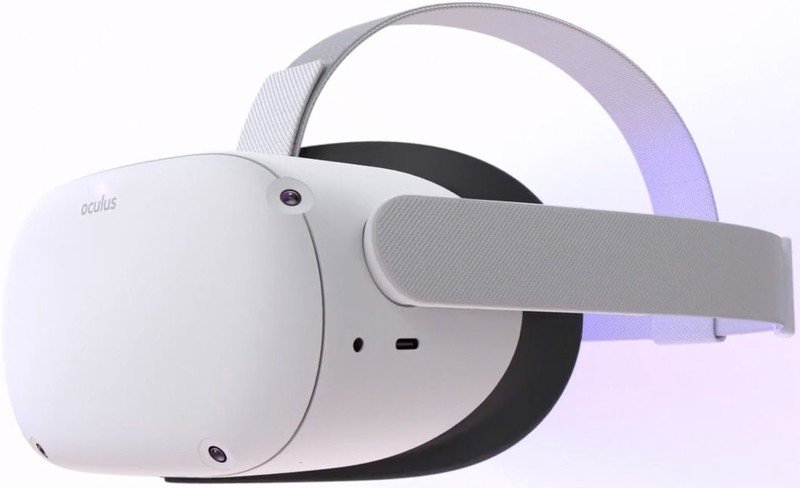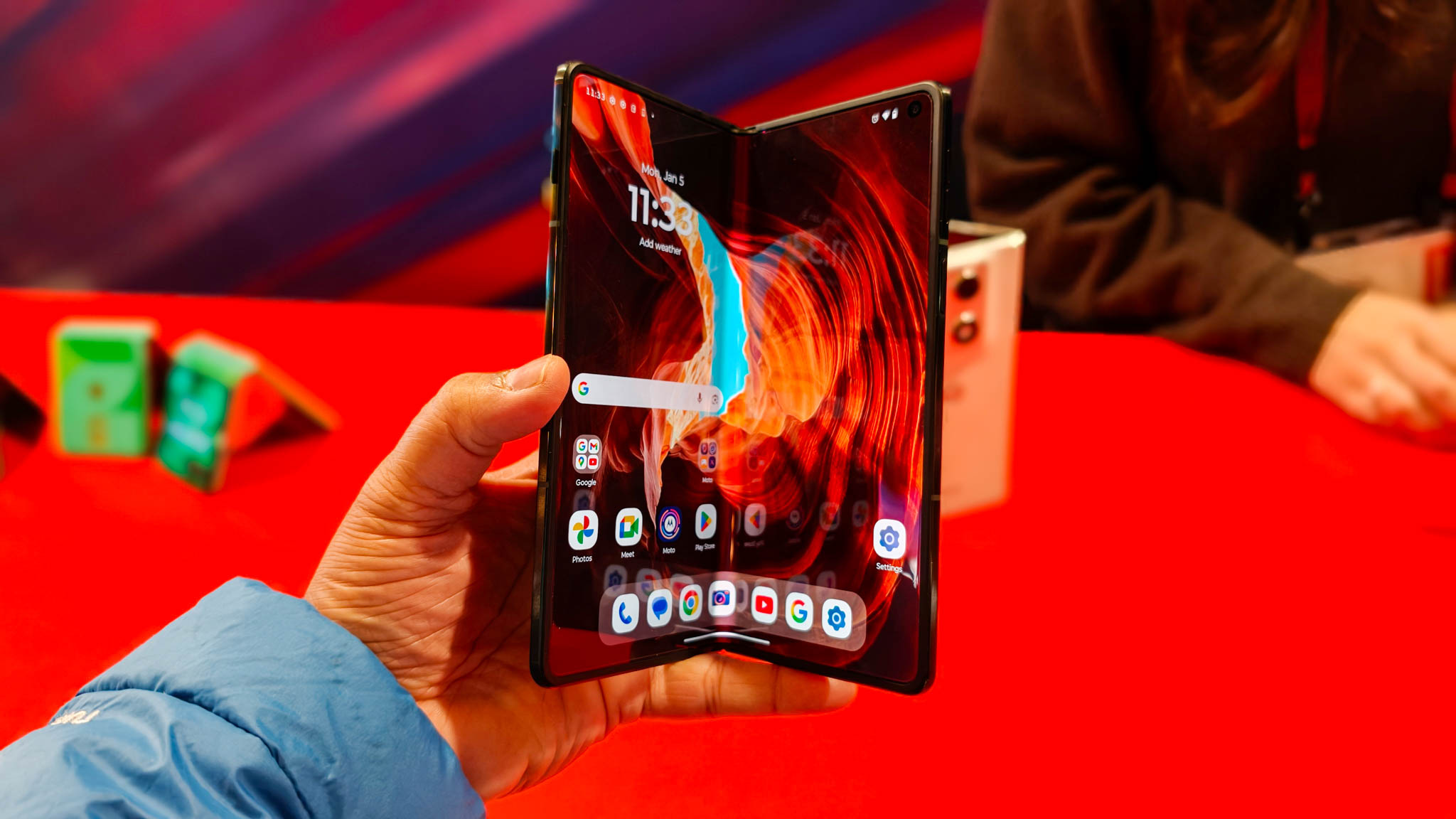Facebook and Oculus: A rough history that's becoming a glowing future
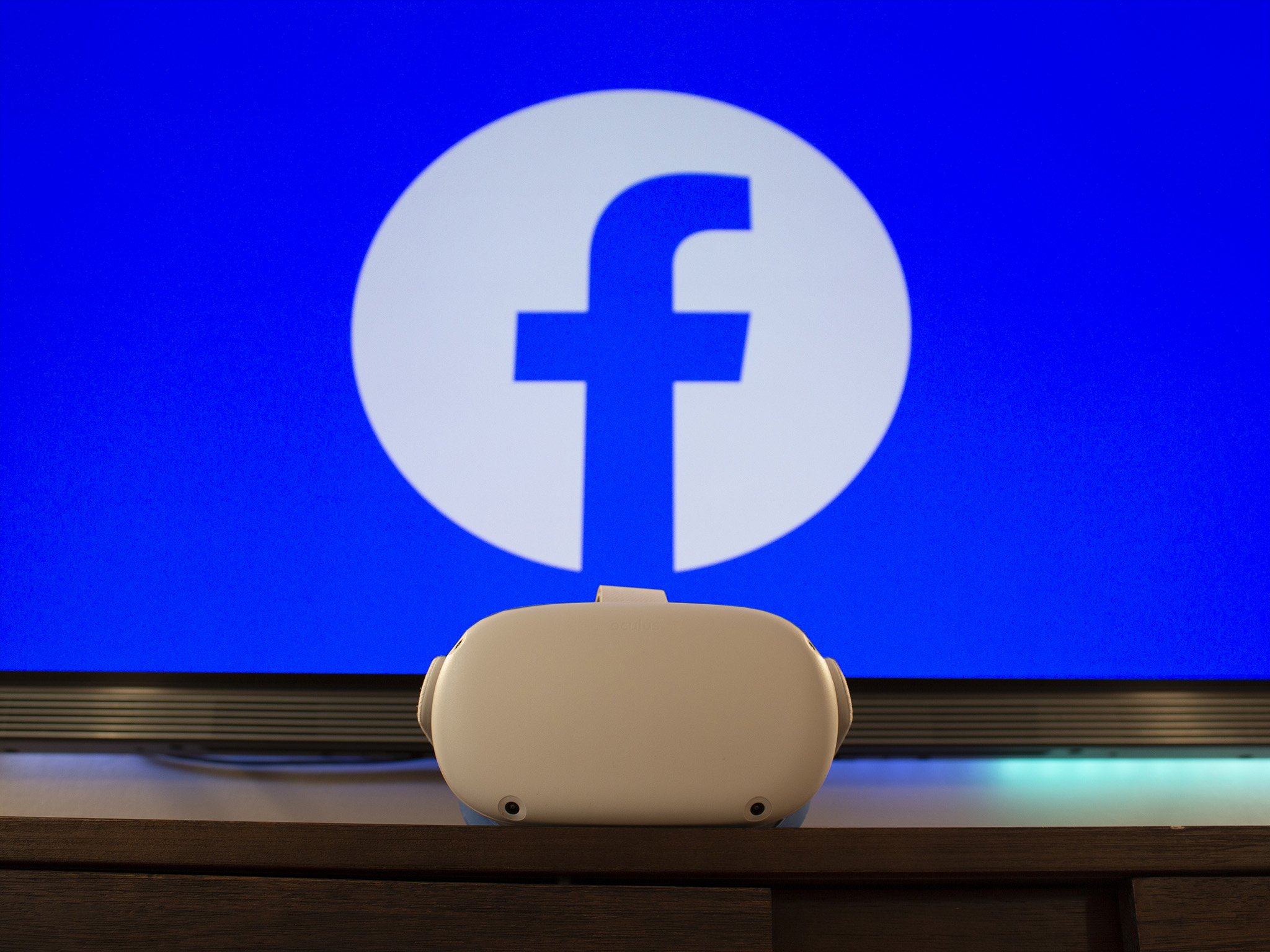
Facebook's recent history with account merging has been a disastrous PR move in every corner of the market. Every service the company rolls into the Facebook fold brings a significant backlash from users who "didn't ask for this." It's a common line of thinking that stretches from WhatsApp's updated privacy policy to the forced merging of Oculus accounts and has many people asking, "what in the world are they thinking?"
To sum it up: ad revenue. You don't need to look any further than earnings reports to see this. Instagram made Facebook a reported $20 Billion in 2019, and it's doing the same thing with WhatsApp and Oculus as it did with that platform. After all, it doesn't really make much sense for Facebook to be selling a headset as advanced (and expensive to make) as the Oculus Quest 2 for just $300, right?
Facebook has finally figured out a way to make money off its Oculus purchase — which cost them $2 Billion in 2014 plus the untold amounts they've undoubtedly spent in R&D since that purchase — and isn't going to back down any time soon. But here's the deal: you don't need to back down, Facebook. You just need to alter the strategy a bit.
A question of identity
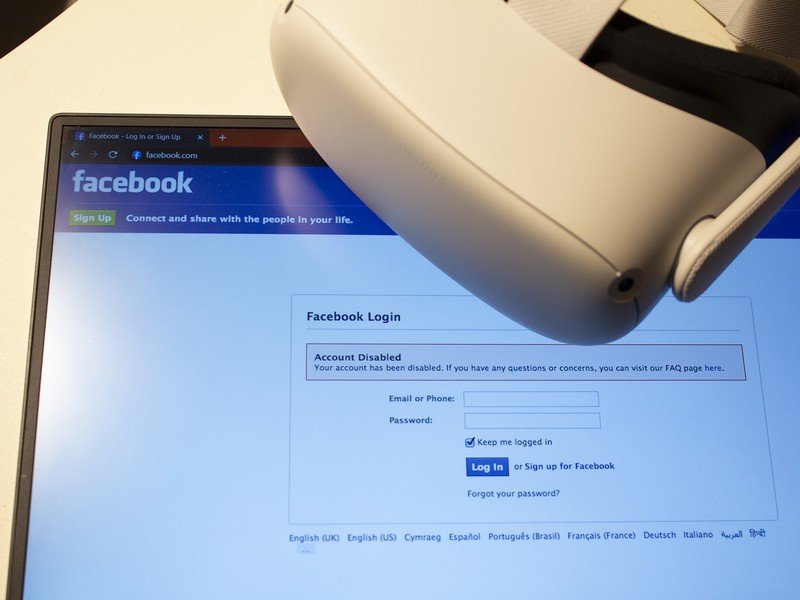
Let's get this out of the way first: It's fine for Facebook to require a Facebook account to authenticate your identity and purchases. Every digital store in existence does the exact same thing, whether it's Steam, Microsoft, Sony, or any other company. The difference is that most of these companies won't ban your account for misbehaving on social networks. While there's little reason to feel sorry for someone who abuses others online and gets their account banned, there's no reason this should extend to bricking your Oculus Quest 2 and making it impossible to play games you purchased.
Now, to be fair to Facebook, they do have policies in place for this. Our Facebook representative had this to say about the situation:
If you have a temporary issue with your Facebook account after logging in to your Oculus device -- for example, if it uses a name that does not follow our policies -- you will still be able to use your device while you resolve the issue, so long as you remain logged in to your device and do not log out. If you're in this situation, you'll have the opportunity to request a review of the issue when you log into Facebook. Facebook representative
This means theoretically, if your Facebook account gets banned for one reason or another, you should still be able to use your Quest 2 unless you log out of it. We've heard word personally from a number of readers since the Quest 2 launch, not to mention all the discussions on forums like Reddit, who claim otherwise.
Facebook needs to separate device usage and social features on Oculus platforms
Facebook says these types of situations should only happen to people who repeatedly or seriously violate Facebook's Community Standards but, even still, an account ban should not affect digital purchases from being used. It's time for Facebook to separate device usage and social features on Oculus platforms.
Get the latest news from Android Central, your trusted companion in the world of Android
Sharing is caring
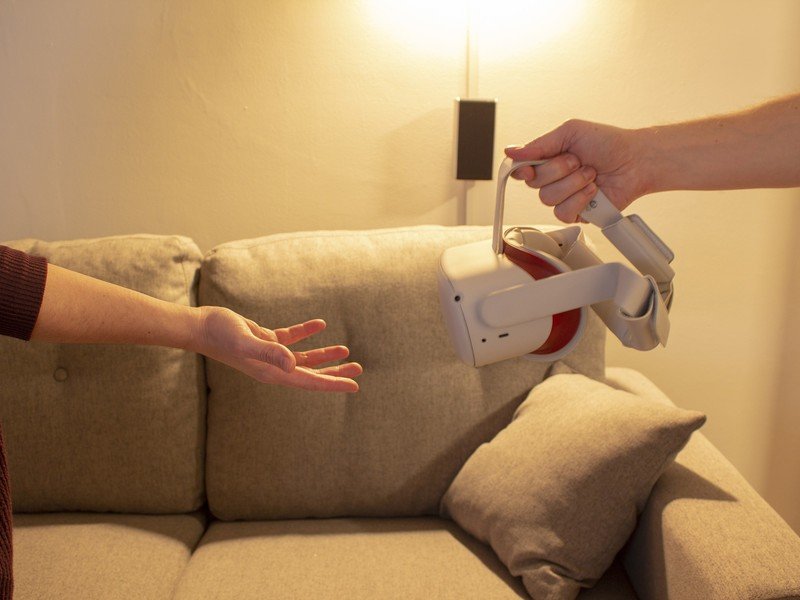
Since the original Oculus Quest came out nearly two years ago, gamers have been begging Facebook for multiple profiles on Quest headsets. Facebook is finally delivering on that request next month but with one big caveat: each profile has to have its own Facebook account. While multiple profiles mean users on the same headset can all share the same library of purchased games, requiring a Facebook profile for each Oculus profile kind of defeats the point.
Yes, it's great to be able to use another Facebook profile on the same games to rack up achievements and individual story progress, but it doesn't solve the issue of parents not wanting to create Facebook accounts for their kids. Depending on the country you live in, you're likely not allowed to create a Facebook account until you're at least 13 and, in some cases, as old as 16. Shutting out kids from VR gaming doesn't make much sense at all.
Shutting out kids from VR gaming doesn't make much sense at all.
Since the Quest 2 can only lower the inter-pupillary distance (IPD) to 58 — and the average child under the age of 10 has an IPD lower than this — Oculus is likely doing this to protect themselves from legal ramifications of children potentially having eye issues in the future from long gaming sessions. We've previously covered the topic of whether or not VR is safe for kids but, ideally, Oculus gamers should be able to opt for an additional offline profile so that kids can play without the Facebook requirement if a parent finds their child is able to play without issues.
It also seems that Facebook has been able to come up with a creative solution for gamers with multiple Oculus accounts — something that became an issue last year during the merge process as each person may only have one Facebook account according to the terms of service. A future update will include the ability to share your Oculus library with other Oculus headsets, similarly to how Steam family share works by authorizing a computer to access the library instead of an individual Steam account.
Freedom and tyranny?

It's often overlooked that Facebook is the only major company involved in the video game market that currently allows its users to use multiple devices with the same account. That means, so long as the game supports it, you can have your Facebook account on multiple Oculus Quest headsets and play them simultaneously.
For instance, I've got my account on an Oculus Quest and an Oculus Quest 2 and can use both headsets to play games with another person in my household without needing to buy another copy. Some games, like Beat Saber, didn't like me doing this, but other games worked just fine. This may change in the future but, for now, it's an incredibly freeing way to play games with one another without having to buy multiple copies.
Facebook is the only company that allows gamers to freely sideload games onto its hardware platforms.
Facebook is the only company that allows gamers to sideload games onto its hardware platforms freely. Technically, sideloading is a developer tool and requires a developer account, but learning how to sideload games on your Oculus Quest is a pretty simple affair that doesn't require much technical knowledge at all. Sideloading has opened up the gates for third party marketplaces where indie developers can distribute their games and apps without the need for going through the official Facebook app requirements.
Sideloading is required because Facebook curates the Oculus app store. While this can be a good thing for guaranteeing that only quality titles appear on the store, Facebook isn't exactly forthcoming with how it curates the store. At times, it appears that Facebook blocks apps that interfere with its strategy to control parts of its platform. There are two notable examples of this: YUR Fit and Virtual Desktop.
YUR Fit was an innovative way to track fitness stats while playing VR games when it launched in September 2019, and its implementation on Quest was broken several times by Oculus firmware updates. Oculus then launched its own rendition of the feature with the Quest 2 in October 2020, called Oculus Move, in a very similar fashion to what we've seen on Apple and Google smartphones. Disallowing developers from producing viable alternatives isn't a good look on Facebook's part, and it's a good way to keep quality developers off the platform.
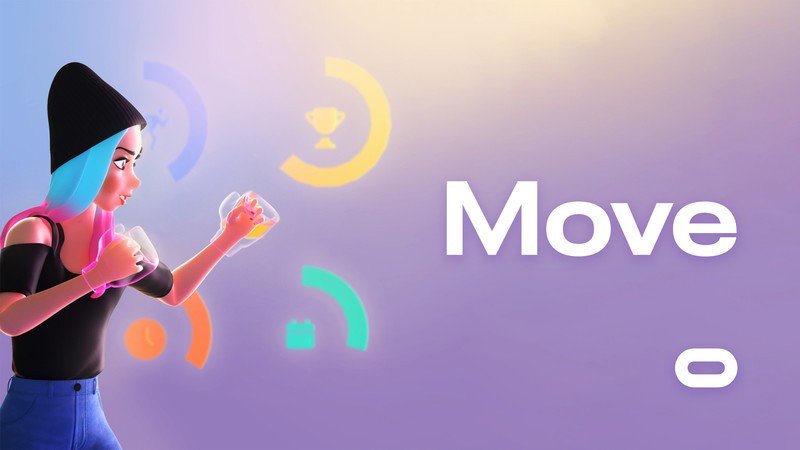
Similarly, Virtual Desktop has had its wireless streaming feature pulled from the Oculus Store, with Facebook citing that it doesn't meet user-comfort standards the company upholds. Oculus is reportedly working on a similar feature native to the Quest platform, leaving users with only an option to sideload a Virtual Desktop patch from the 3rd-party Sidequest store. Considering how good the Virtual Desktop experience is when playing PC VR games wirelessly, many are left scratching their heads at Facebook's official reasoning for banning the app.
Facebook isn't exactly forthcoming with how it curates the store, which leaves room for doubt
There's a strange dichotomy between these actions and what we've seen in Oculus's handling of sideloading on the Quest. Sidequest quickly became a major part of Quest players' lives as the indie market exploded, and, thus far, the ability to sideload without restriction hasn't been interfered with by Facebook. Whether or not this changes in the future is anyone's guess, but, as of now, the Quest family is the only console that officially allows sideloading games, even going so far as to list sideloaded games in the normal games library.
Comparatively, Microsoft is the only company with a similar policy, but even then, you'll need to reboot your Xbox into developer mode to access sideloaded games. Retail games can only be played while the device is in "retail mode," so a reboot is required to switch between game types. Neither Sony nor Nintendo offers an easy way to boot into some kind of developer mode to sideload games. You can install homebrew content on a Nintendo Switch, but it's a far more difficult process that requires additional hardware and some additional technical knowhow.
Don't throw the baby out with the bathwater
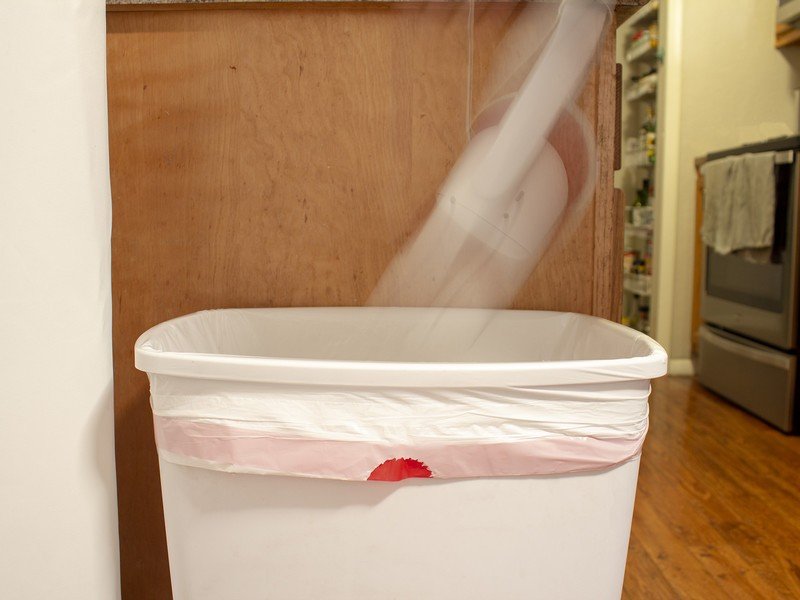
The old adage absolutely holds true to this scenario. Facebook, a company that many have come to revile, while others merely accept its place in our lives, does, in fact, do a lot of good in the VR market. It's the only company that has pushed VR to the level we're seeing with the Quest 2 and the only company that seems to have been able to break into the mainstream mindset in a big way.
It's important to look at the good as well as the bad.
Yes, some things need to be fixed. Yes, Facebook's intentions may not be altruistic or even responsible at times, but these problems are ones that can and are being solved. It's important to look at the good as well as the bad. They might be out to make money off their investment but remember that Oculus is exactly that for Facebook: an investment. Facebook has poured more money into VR than any other company that I'm aware of and, as a result, has garnered success for the industry and developers in a way that other platforms simply have not up until this point.
From what I can tell, Facebook's Oculus team seems to be making important steps to address user concerns for decisions they may not have had any control over. As it stands, the Quest 2 and Facebook's Oculus strategy might have started a bit rough, but, for all intents and purposes, it seems like they are on the path to not only be fixed but to providing a bastion of hope for the VR community. A community that, thus far, has remained a niche segment of the gaming market no matter who helmed it in the past.

